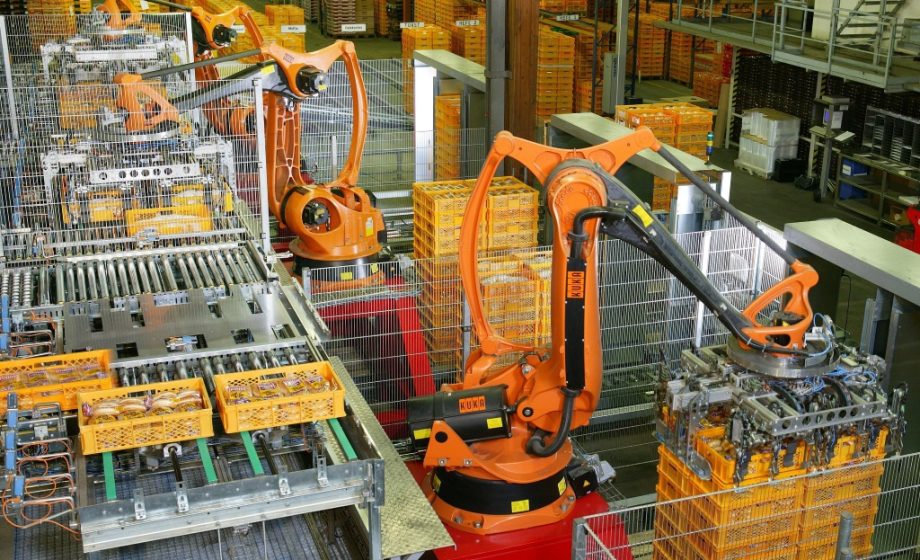Robots could eliminate as many as 20 million manufacturing jobs by 2030, according to a new report from analytics firm Oxford Economics. Despite this risk, it notes that automation will ultimately fuel economic growth and create new jobs, and calls on governments to help workers adapt to these economic shifts.
The analysis also forecasts that automation will soon threaten the service sector, where former manufacturing workers often find employment following a job loss, according to BBC News.
It’s the regions and nations with fewer skilled workers, and already high unemployment rates, which would be hit the hardest, the firm warns. In Britain, regions such as Cumbria, east Yorkshire, south Wales, and parts of the West Midlands will face the most losses, while London and the southeast will be least affected. In the UK as a whole, hundreds of thousands of jobs could be lost to automation.
Since the turn of the century, roughly 1.7 million manufacturing jobs have been lost to automation, including 400,000 in Europe, 260,000 in the US, and 550,000 in China. China is also on track to see the most substantial automation in the future, with 14 million new industrial robots by 2030.
Worldwide, each new industrial robot will eliminate an average of 1.6 manufacturing jobs, averaging 2.2 jobs in lower income nations and 1.3 in stronger economies.
The report predicted that the most repetitive jobs will be the most vulnerable, while those that depend on human or interpersonal skills like compassion and social intelligence, are likely to fare well “for decades to come.”
However, workers who have lost manufacturing jobs to automation often move into construction, maintenance, office work, or transport — sectors which the report warns will also be at risk in the future. New advances in machine learning and artificial intelligence mean that automation now poses a risk for these jobs as well.
But Oxford Economics also says that automation offers an opportunity for growth, with a 30 percent rise linked to an additional $5 trillion for global GDP.
While job losses will be concentrated in poorer areas, the financial and employment boost is expected to disproportionately benefit regions that are already prospering. This imbalance risks contributing to economic inequality and political polarization in areas that already face these problems.
Instead of trying to stall innovation itself, the report calls on policymakers, business leaders, and educators to focus on promoting skills that can help workers not only adapt, but thrive in the face of automation.
Photo: KUKA Roboter GmbH, Bachmann [Public domain]

